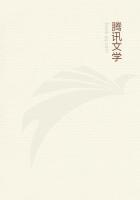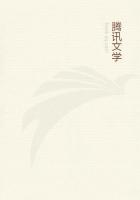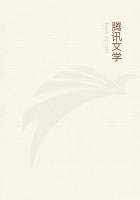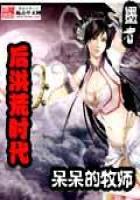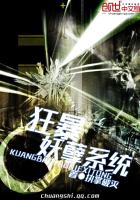As was said at the outset, if the strict liability is to be maintained at all, it must be maintained throughout.A principle cannot be stated which would retain the strict liability in trespass while abandoning it in case.It cannot be said that trespass is for acts alone, and case for consequences of those acts.All actions of trespass are for consequences of acts, not for the acts themselves.And some actions of trespass are for consequences more remote from the defendant's act than in other instances where the remedy would be case.
An act is always a voluntary muscular contraction, and nothing else.The chain of physical sequences which it sets in motion or directs to the plaintiff's harm is no part of it, and very generally a long train of such sequences intervenes.An example or two will make this extremely clear.
When a man commits an assault and battery with a pistol, his only act is to contract the muscles of his arm and forefinger in a certain way, but it is the delight of elementary writers to point out what a vast series of physical changes must take place before the harm is done.Suppose that, instead of firing a pistol, he takes up a hose which is discharging water on the sidewalk, and directs it at the plaintiff, he does not even set in motion the physical causes which must co-operate with his act to make a battery.Not only natural causes, but a living being, may intervene between the act and its effect.Gibbons v.Pepper, which decided that there was no battery when a man's horse was frightened by accident or a third person and ran away with him, and ran over the plaintiff, takes the distinction that, if the rider by spurring is the cause of the accident, then he is guilty.In Scott v.Shepherd, already mentioned, trespass was maintained against one who had thrown a squib into a crowd, where it was tossed from hand to hand in self-defence until it burst and injured the plaintiff.Here even human agencies were a part of the chain between the defendant's act and the result, although they were treated as more or less nearly automatic, in order to arrive at the decision.
Now I repeat, that, if principle requires us to charge a man in trespass when his act has brought force to bear on another through a comparatively short train of intervening causes, in spite of his having used all possible care, it requires the same liability, however numerous and unexpected the events between the act and the result.If running a man down is a trespass when the accident can be referred to the rider's act of spurring, why is it not a tort in every case, as was argued in Vincent v.
Stinehour, seeing that it can always be referred more remotely to his act of mounting and taking the horse out?
Why is a man not responsible for the consequences of an act innocent in its direct and obvious effects, when those consequences would not have followed but for the intervention of a series of extraordinary, although natural, events? The reason is, that, if the intervening events are of such a kind that no foresight could have been expected to look out for them, the defendant is not to blame for having failed to do so.It seems to be admitted by the English judges that, even on the question whether the acts of leaving dry trimmings in hot weather by the side of a railroad, and then sending an engine over the track, are negligent,--that is, are a ground of liability,--the consequences which might reasonably be anticipated are material.
Yet these are acts which, under the circumstances, can hardly be called innocent in their natural and obvious effects.The same doctrine has been applied to acts in violation of statute which could not reasonably have been expected to lead to the result complained of. But there is no difference in principle between the case where a natural cause or physical factor intervenes after the act in some way not to be foreseen, and turns what seemed innocent to harm, and the case where such a cause or factor intervenes, unknown, at the time; as, for the matter of that, it did in the English cases cited.If a man is excused in the one case because he is not to blame, he must be in the other.The difference taken in Gibbons v.Pepper, cited above, is not between results which are and those which are not the consequences of the defendant's acts: it is between consequences which he was bound as a reasonable man to contemplate, and those which he was not.Hard spurring is just so much more likely to lead to harm than merely riding a horse in the street, that the court thought that the defendant would be bound to look out for the consequences of the one, while it would not hold him liable for those resulting merely from the other; because the possibility of being run away with when riding quietly, though familiar, is comparatively slight.If, however, the horse had been unruly, and had been taken into a frequented place for the purpose of being broken, the owner might have been liable, because "it was his fault to bring a wild horse into a place where mischief might probably be done."To return to the example of the accidental blow with a stick lifted in self- defence, there is no difference between hitting a person standing in one's rear and hitting one who was pushed by a horse within range of the stick just as it was lifted, provided that it was not possible, under the circumstances, in the one case to have known, in the other to have anticipated, the proximity.In either case there is wanting the only element which distinguishes voluntary acts from spasmodic muscular contractions as a ground of liability.In neither of them, that is to say, has there been an opportunity of choice with reference to the consequence complained of,--a chance to guard against the result which has come to pass.A choice which entails a concealed consequence is as to that consequence no choice.

